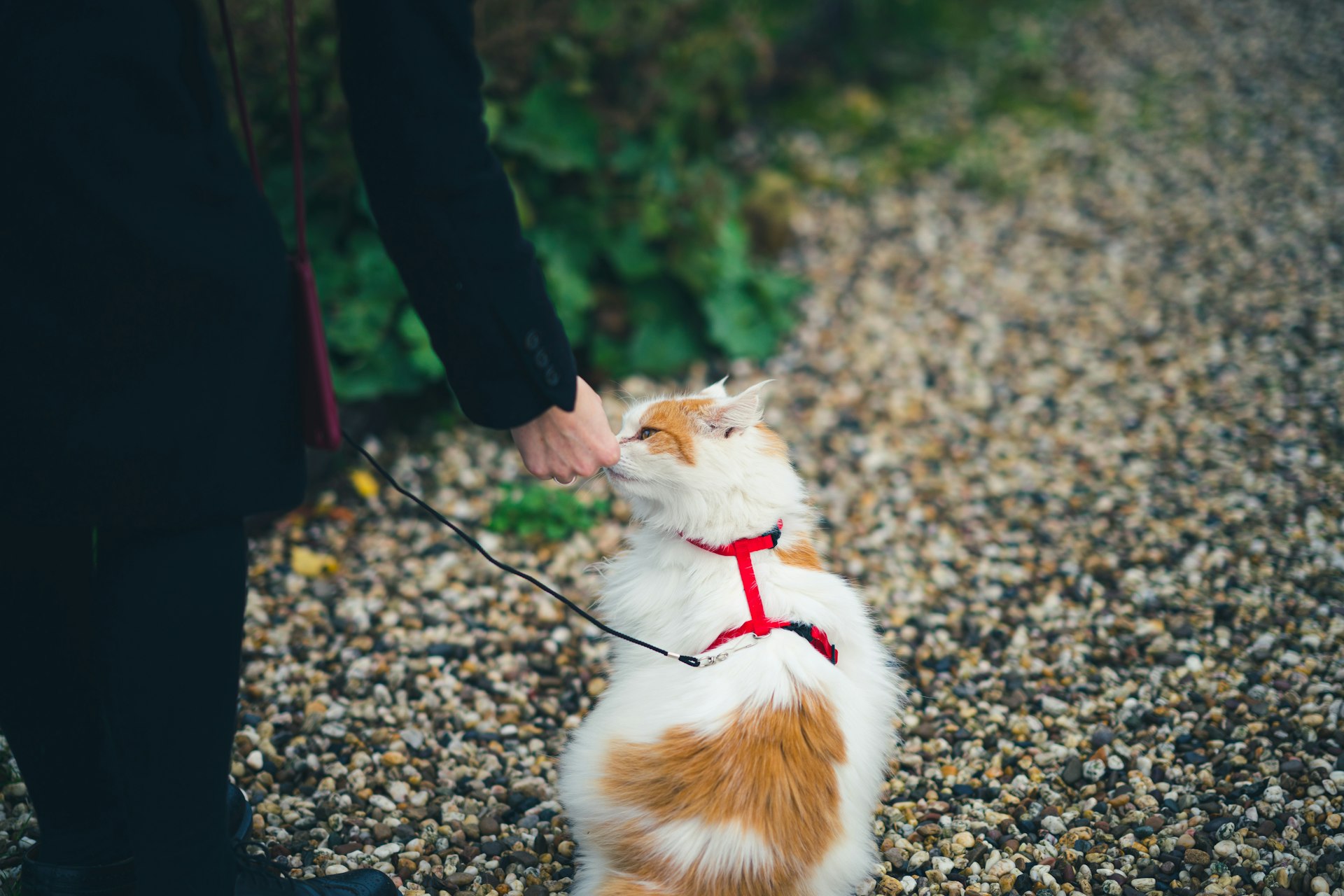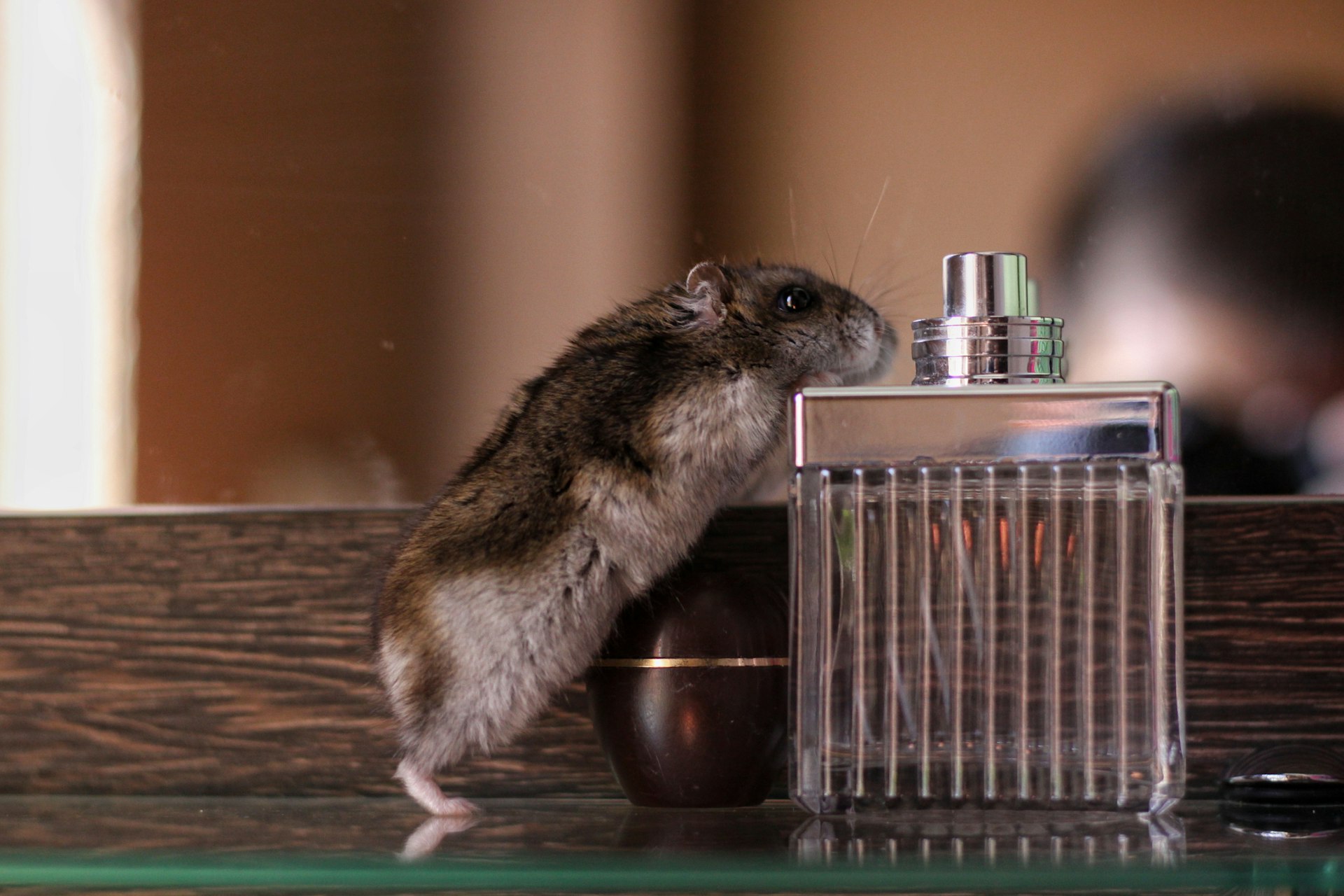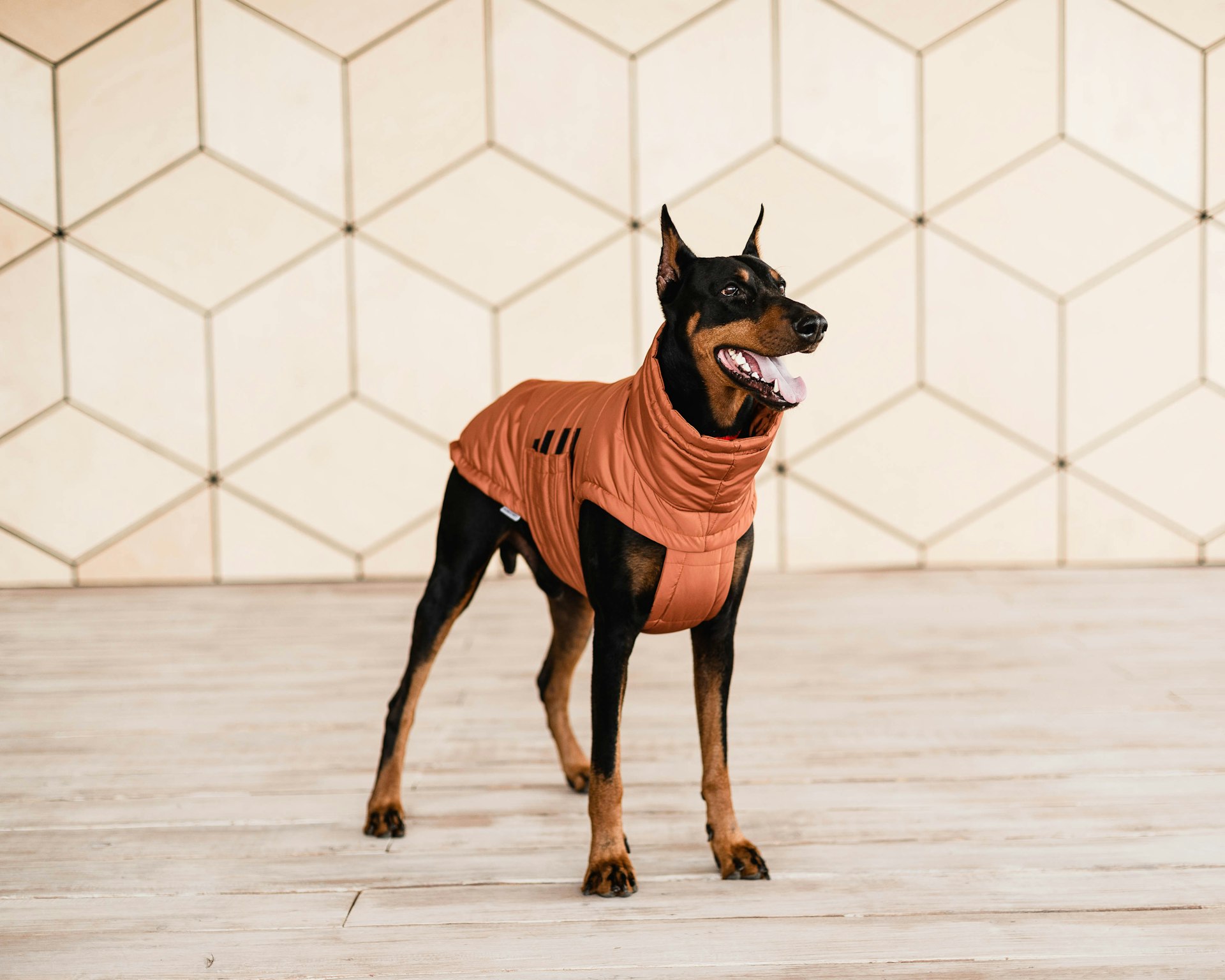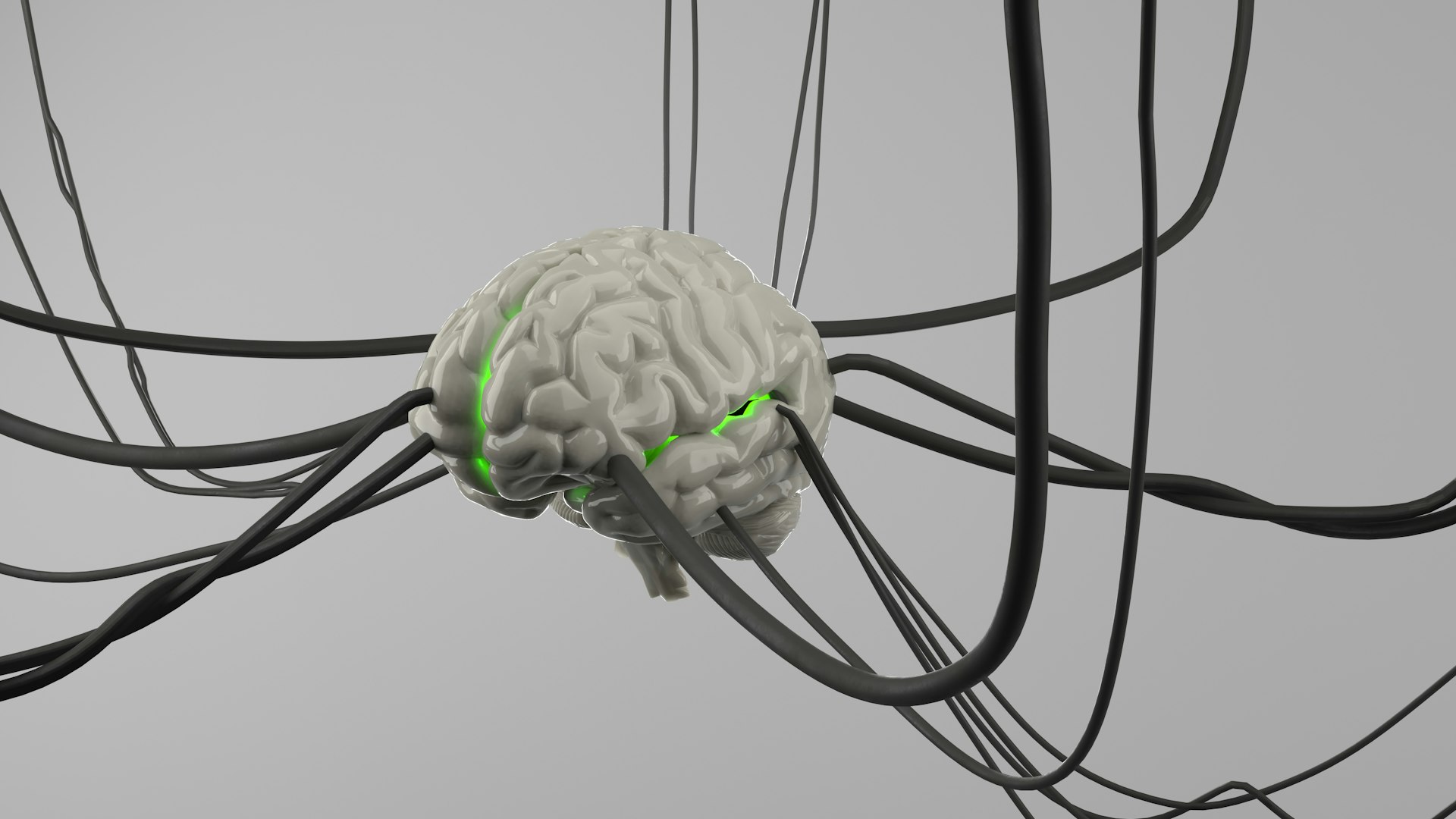Emerging Trends in Designer Dog Breeds: What Pet Owners Need to Know

Photo by Dmitriy Frantsev on Unsplash
Introduction: The Rise of Designer Dog Breeds
Over the past decade, designer dog breeds have transformed the pet ownership landscape in the United States and globally. These intentional crossbreeds-such as Labradoodles, Goldendoodles, and Pomskies-combine the appealing traits of two pure breeds to create unique, family-friendly companions. With over 66% of U.S. households owning a pet, and designer dogs representing a significant portion of new adoptions, understanding the emerging trends in this sector is crucial for prospective owners and industry professionals alike. [1]
What Defines a Designer Dog Breed?
A designer dog is produced by the deliberate breeding of two distinct purebred dogs to emphasize the most desirable traits from each parent. Unlike accidental mixed breeds, designer dogs have identifiable lineage and are often bred for specific qualities such as hypoallergenic coats, intelligence, or temperament. [2] This targeted approach has led to the rapid growth and popularity of breeds like the Labradoodle (Labrador Retriever + Poodle) and Goldendoodle (Golden Retriever + Poodle), both of which offer a blend of intelligence, friendliness, and reduced shedding. [3]
Top Emerging Designer Dog Breeds in 2025
Several breeds have surged in popularity due to their appealing blend of traits. The following are among the most in-demand designer dogs today: [1] [2]
- Labradoodle : Renowned for their intelligence and suitability for allergy sufferers, Labradoodles are frequently chosen as family pets and therapy dogs. Their coats range from curly to straight, and they typically exhibit friendly, energetic personalities.
- Goldendoodle : Offering a blend of playfulness and affection, Goldendoodles are ideal for families and first-time dog owners. Their coats can be wavy or curly, and while often low-shedding, not all are truly hypoallergenic.
- Mini Bernedoodle : Combining the Bernese Mountain Dog’s calmness with the Miniature Poodle’s smarts, Mini Bernedoodles are friendly, adaptable, and suitable for smaller living spaces. They are also considered hypoallergenic, appealing to those with allergies. [1]
- Puggle , Pomsky , and Sheepadoodle : These and other hybrids, such as Cockapoo (Cocker Spaniel + Poodle) and Maltipoo (Maltese + Poodle), continue to attract attention for their unique appearance and temperament. [3]
According to recent rankings, mixed breeds and doodle mixes consistently appear in the top 20 most popular dogs in the U.S., highlighting the enduring appeal of designer crosses. [4]
Key Trends Shaping the Designer Dog Market
1. Increased Demand for Hypoallergenic and Low-Shedding Breeds
Many designer breeds are marketed for their hypoallergenic potential, especially those with Poodle ancestry. However, coat types can vary within the same litter, so allergy-friendly traits are not guaranteed. Prospective owners should spend time with a puppy before adoption and consult with breeders about coat and shedding expectations. [2]
2. Focus on Temperament and Trainability
Families and first-time dog owners are prioritizing breeds known for gentle temperament and trainability . Labradoodles and Goldendoodles, for example, are often described as affectionate and intelligent, making them ideal for therapy work, service roles, and as companions for children. [2]
3. Social Media and Celebrity Influence
The visibility of designer breeds on platforms like Instagram and TikTok has accelerated demand. Influencers and celebrities frequently showcase their pets, driving trends and shaping consumer preferences. This effect has contributed to the rise of visually distinctive hybrids such as Pomskies and Puggles. [3]
4. Ethical Breeding and Health Awareness
As demand increases, so does scrutiny of breeding practices. Ethical breeders prioritize the health, temperament, and welfare of both parent dogs and puppies. Prospective owners are encouraged to:
- Request health certifications and genetic screening results for both parent dogs
- Visit breeders in person to observe conditions
- Avoid purchasing from online-only sellers or puppy mills
To find a reputable breeder, you can contact national or regional breed clubs and request referrals. Alternatively, consult with your local veterinarian or search for breeder reviews on established pet community platforms. If you are unsure about a breeder’s legitimacy, ask for references from past puppy buyers and verify all claims independently.

Photo by Romain B on Unsplash
Accessing Designer Dog Breeds: Practical Guidance
If you are considering adding a designer dog to your family, there are several responsible pathways:
- Contact Breed Clubs: Reach out to official breed clubs for recommendations. Organizations such as the American Kennel Club (AKC) do not recognize all designer breeds as purebreds, but they do list breeders for many popular crosses and can provide guidance on ethical acquisition. [5]
- Adopt from Shelters and Rescues: Many designer dogs and their mixes can be found in shelters. Adoption not only provides a home for a dog in need but also often comes with health screenings and spay/neuter services. You can search for available dogs using national databases such as Petfinder or by contacting local animal shelters directly.
- Research Breeders Thoroughly: When purchasing from a breeder, always request health records, meet the puppies in person, and ensure the breeder follows ethical standards. Avoid breeders who offer multiple litters simultaneously or cannot provide documentation.
Before making a purchase or adoption, consider scheduling a veterinary consultation to discuss potential health concerns specific to the breed mix you are interested in. Some designer dogs may inherit breed-specific health risks, so awareness and preparation are key.
Evaluating Health, Cost, and Long-Term Commitment
Designer dogs can command high price tags , often ranging from $1,500 to over $5,000 depending on breed, pedigree, and location. [3] While some breeders advertise these dogs as healthier or more robust than purebreds, this is not always the case. Mixed breeds can inherit genetic issues from either parent, so buyers should request detailed health histories.
In addition to purchase costs, factor in long-term expenses such as:
- Veterinary care (routine and emergency)
- Grooming, especially for curly or long-haired breeds
- Training and socialization classes
- Pet insurance
Owning a designer dog is a long-term commitment, with lifespans typically ranging from 10 to 16 years depending on breed and health. [1]
Challenges and Responsible Alternatives
Prospective owners should be wary of unethical breeding practices, high prices without justification, and misleading claims about health or hypoallergenic status. To avoid these pitfalls:
- Request transparency in health testing and puppy rearing methods
- Ask for a written contract and health guarantee
- Seek out breed-specific rescue groups, which may have adoptable designer dogs at lower costs
If you cannot verify a breeder or rescue’s legitimacy, consult with your veterinarian or local animal control authority for guidance. You can also search for “designer dog rescue organizations” in your region using reputable search engines or pet adoption platforms.
Summary: Making Informed Choices
The world of designer dog breeds continues to evolve, driven by consumer preferences, social trends, and advances in breeding practices. While these hybrids offer many appealing qualities, the best outcomes arise when prospective owners conduct thorough research, prioritize animal welfare, and work with ethical breeders or adoption agencies. For those seeking up-to-date breed information and guidance, visiting the American Kennel Club’s official website or consulting with a certified veterinarian are recommended next steps. [5]
References
- [1] Happy Tail Puppies (2024). The Most Popular Designer Dog Breeds and Their Unique Traits.
- [2] A Pup Above (2024). What Are the Most Popular Designer Dog Breeds?
- [3] Whole Dog Journal (2025). Designer Dogs: Mixed Breeds with High Price Tags.
- [4] Whiteland Animal Hospital (2025). The Most Popular Dog Breeds of 2025.
- [5] American Kennel Club (2025). American Kennel Club Official Website.
MORE FROM findworkpro.com













